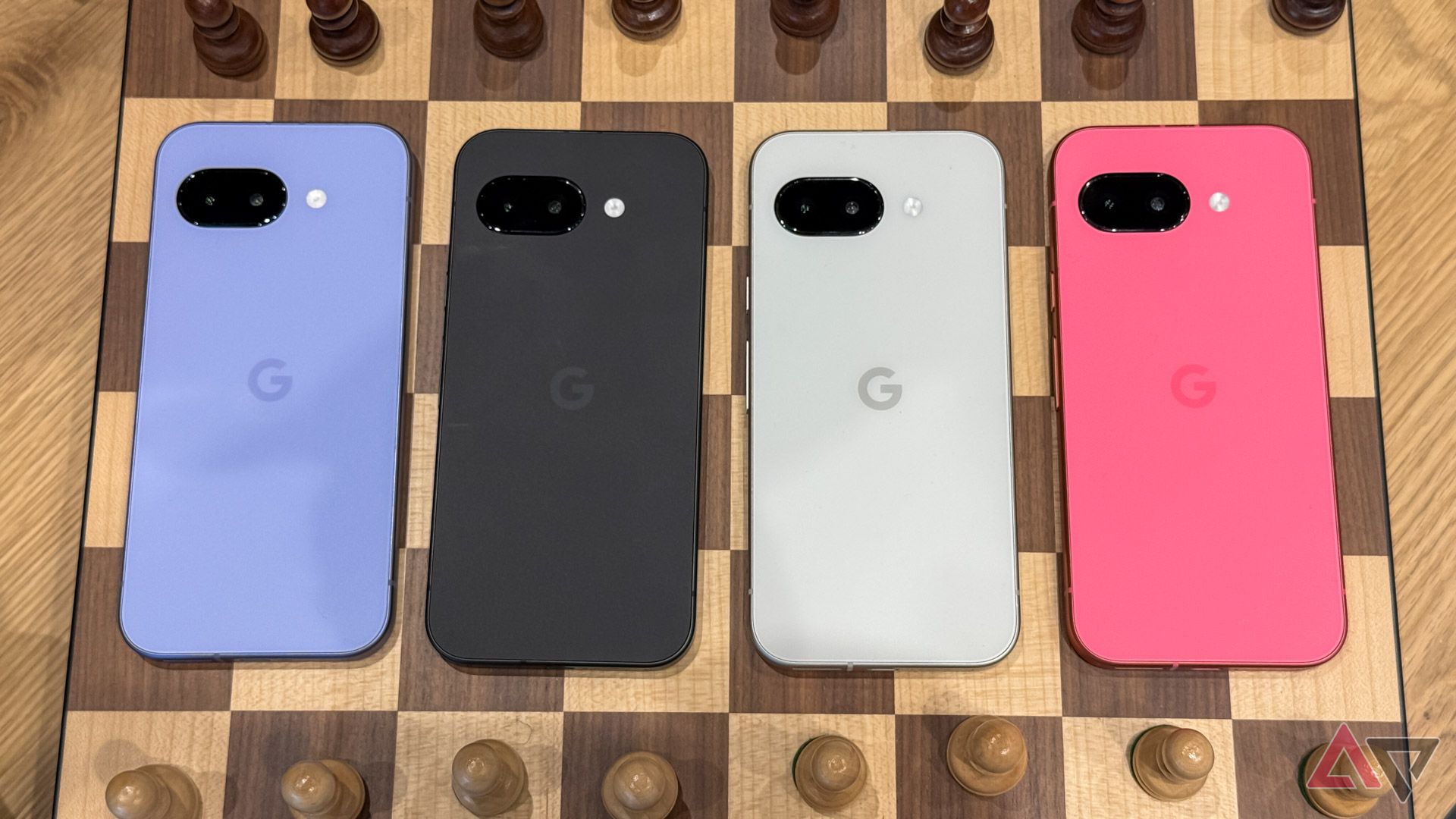This week, we learned that, following a delay from its planned March release date, the Pixel 9a is coming to North America and the UK on April 10. Release dates in other regions follow throughout the month, and the phone is coming to Japan… sometime.
We’ve barely had any time with the 9a yet, so it’s a little early to pass judgment on it. But going by both the Pixel A-series legacy and the published specifications of the 9a, it looks like the $500 phone is going to be a great deal. Before testing it, it seems like the biggest downside of the 9a versus the standard Pixel 9 is that it doesn’t come with as many AI features. I certainly don’t care about that, and I don’t think many shoppers will, either.
Welcome to Compiler, your weekly digest of Google’s goings-on. I spend my days as Google Editor reading and writing about what Google’s up to across Android, Pixel, Gemini, and more, and talk about it all right here in this column. Here’s what’s been on my mind this week.
What’s different about AI on the Pixel 9a?
To be clear, the Pixel 9a has the same access to cloud AI in the form of Google Gemini (and ChatGPT, and Claude) as every other smartphone today. You can talk to AI chatbots and generate AI imagery and all that other stuff just as well on the $500 Pixel 9a as you can on the $1,799 Pixel 9 Pro Fold. The difference on the 9a is in local AI features.
The 2024 Pixel 9 series comes with the Gemini Nano XS (XS for extra small) model built in. Gemini Nano XS runs locally, on-device, without needing to ping servers to do its AI thing. This lets the Pixel 9 and Pixel 9 Pro phones understand not only text input, but also images and audio.
The Pixel 9a, meanwhile, ships with a less capable on-device model called Gemini Nano XXS (extra extra small). Unlike Gemini Nano XS, which runs constantly in the background, Gemini Nano XXS is only called into action when you’re performing certain AI tasks. XXS also lacks multimodal understanding, which means it can’t interpret images or audio — it can only accept text input.
So the Pixel 9a won’t have access to a number of on-device AI features that other Pixel 9 phones do. Key omissions from the 9a experience include the Pixel Screenshots app that automatically scans your screenshots to create a searchable archive of those images, as well as the Call Notes feature that can create text summaries of phone calls.
Those two features are among the more practical applications of AI in smartphones today, and there are surely shoppers who will see fit to spring for the base-model Pixel 9 to get them. But for my money, losing out on some AI baubles is a very fair trade-off to save $300 on an experience that, history tells us, will otherwise be extremely similar to what you get in the $800 Pixel 9.
It’s not just AI that separates the Pixel 9 and Pixel 9a, of course. The 9a’s cameras won’t be quite as capable as the 9’s, and the 9a comes with less RAM than the 9 does — eight gigs versus 12. That’s actually why the 9a will miss out on those AI features: continuously running Gemini Nano XS in the background takes up resources the 9a can’t spare, so the cheaper phone makes do with the on-demand Gemini Nano XXS model. But the Pixel 9a retains most hallmark Pixel features, like Google’s seven-year update commitment, access to Call Screen, and the Google Recorder app, transcripts and all.
Don’t threaten me with a good time
If anything, the fact that the Pixel 9a eschews Google’s modern AI everything all the time strategy in favor of a more practical smartphone experience makes it all the more appealing to me.
Sure, you won’t be able to have the 9a search your screenshots for that hoodie you meant to buy, or to whip up questionably accurate notes about a phone call. But for most people, those features hardly seem worth the extra $300. Add in that the Pixel 9a comes with the same Tensor G4 as the rest of the Pixel 9 series, plus a relatively gigantic 5,100mAh battery stuffed inside a uniform frame with no camera bump, and the Pixel 9a is looking kind of like the phone of my dreams. (Those display bezels are pretty chunky, though.)
We’ll have plenty more to say about the Pixel 9a, including a full review from AP Phones Editor Will, in the weeks ahead.




